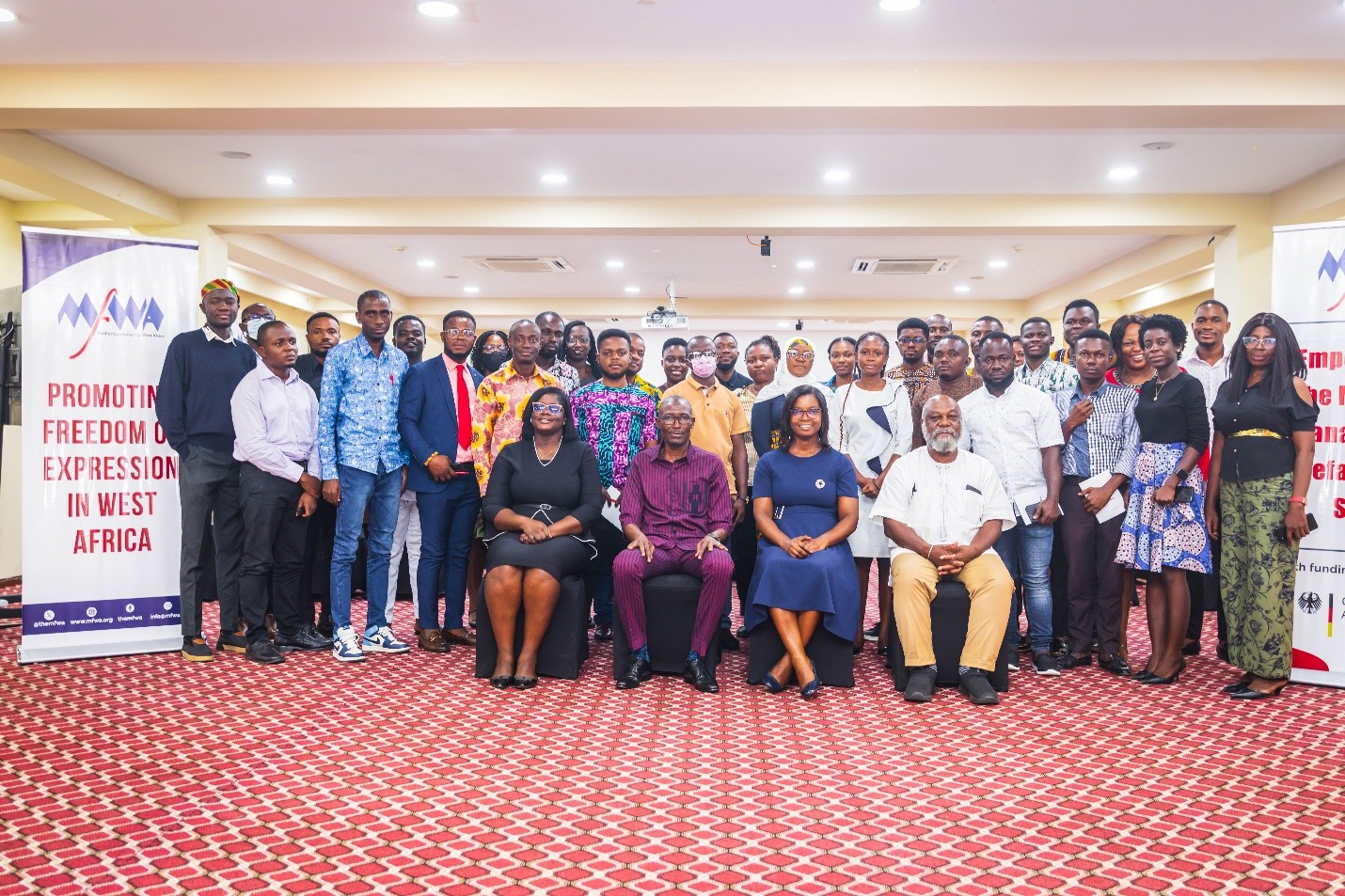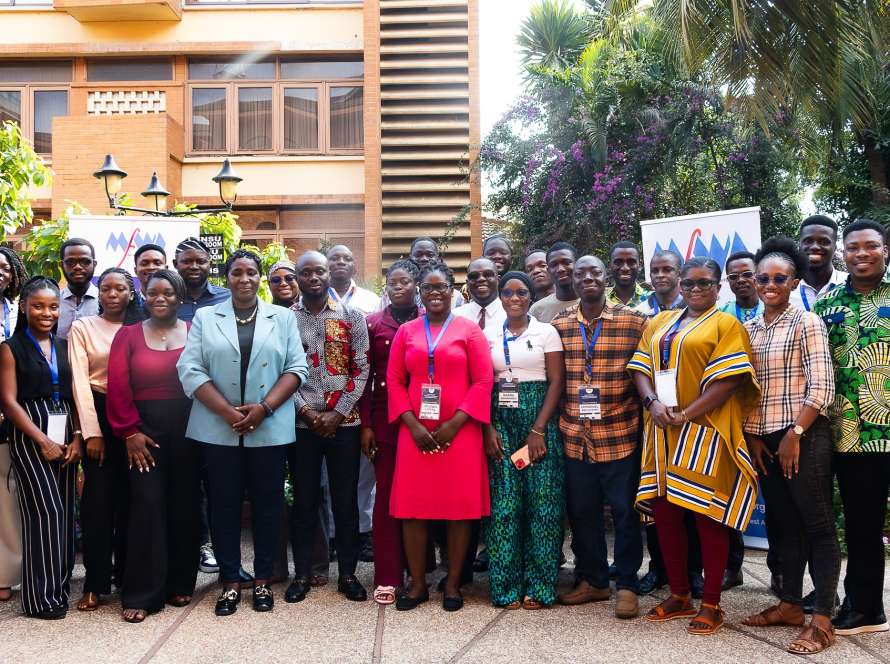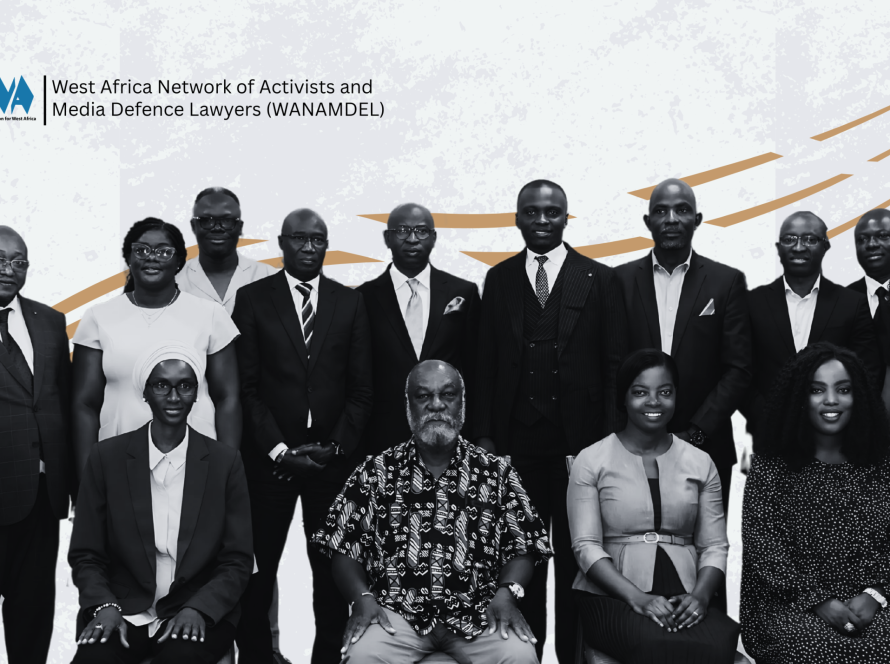Forty (40) journalists from across Ghana have benefited from a two-day workshop on how to avoid legal traps and defamation suits.
The workshop, which was facilitated by experienced media, communication and legal experts, exposed the participants to the legal provisions that govern media freedoms, freedom of expression and journalism practice in Ghana. It also highlighted specific defamation provisions that are often invoked and weaponized to harass journalists with the aim of silencing them.
The workshop equipped the journalists with practical strategies on how to navigate legal traps and defamation laws to ensure that they can pursue their mandate as journalists without any form of legal intimidation.
Ghana’s defamation laws, rooted in both criminal and civil statutes, have increasingly been weaponized to silence critical reporting. In recent years, lawsuits filed by public officials and powerful entities against media houses have surged, particularly Strategic Lawsuits Against Public Participation (SLAPP). These protracted legal battles are often targeted at harassing, intimidating and draining media resources with the aim of stifling accountability journalism and discouraging investigations into corruption and human rights abuses.
Against this backdrop, the Media Foundation for West Africa (MFWA), with funding support from the German Embassy Accra, organised the two-day workshop to build the capacity of the beneficiary journalists and by extension, their newsrooms, on how to avoid defamation suits.
Through presentations, case studies, and interactive exercises, journalists explored Ghana’s legal frameworks, historical defamation cases and legal precedents, identified common legal pitfalls, and learned basic strategies to defend their work without compromising accuracy.
The distinguished media, communications and legal experts, Professor Kwame Karikari, and two members of the West Africa Network of Activists and Media Defence Lawyers (WANAMDEL), Lawyer Zakaria Tanko Musah and Lawyer Samson Lardy Anyenini, unanimously underscored four simple tactics journalists can employ to avoid defamation: cross-checking of facts; adhering to journalistic code of ethics; sticking to the truth; and using common sense. Watch the video below for additional information.
The expert facilitators also reminded the participants of their legal rights in court and the key principles that provide immunity against defamation – truth, facts, and evidence.
The beneficiary journalists were full of appreciation for the opportunity to be part of the training. Many of them indicated that the training had significantly enhanced their understanding of defamation laws and how to simply avoid defamation. “Then, I thought that the mere fact that you’ve used … ‘alleged’ would relieve you of defamation … but I’ve learnt that that cannot … stop you from being cited for defamation,” Abdul-Gafaru Salifu from Dreamz FM, Bolgatanga noted after the workshop. Watch the video below for more of the lessons the participants picked from the workshop.
The participants also affirmed that their expectations had been met and that they were eager to apply the lessons learned in their work. They also committed to sharing the knowledge gained with their colleagues.
“We are glad the participants have found the sessions so useful to their work. The MFWA remains committed to advancing and defending media freedom and freedom of expression rights in Ghana and across West Africa. We will, therefore, continue to equip the media with the requisite knowledge and skills to execute their duties professionally without fear or favour,” programme director for freedom of expression and digital rights, Dora Boamah Mawutor, said. “While building their capacity on defamation laws, we have also set up WANAMDEL to provide legal support to abused journalists, news media organisations and other civic voices to ensure that the support offered is holistic,” she added.
For a brief overview of the entire workshop, kindly watch the video below:






